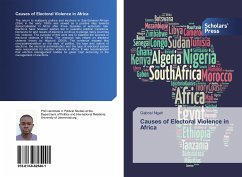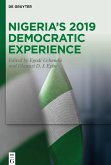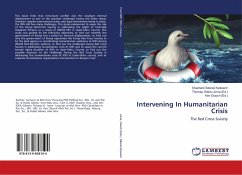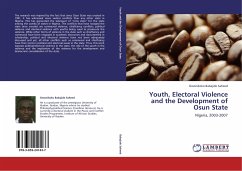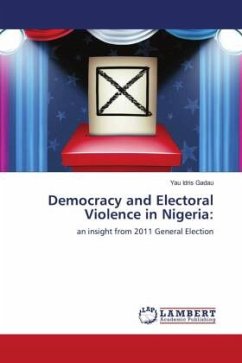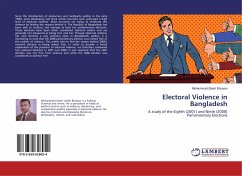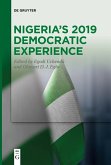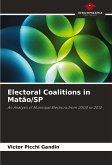The return to multiparty politics and elections in Sub-Saharan African (SSA) in the early 1990s was viewed as a positive step towards democratisation in Africa after three decades of autocratic rule. Elections have however seldom led to peaceful political transitions. Demands for and results of elections continue to plunge many countries into violence. The purpose of this work was to examine the sources of electoral violence in Africa. The research was reliant on electoral violence theory by Höglund (2009). The evidence showed that (neo)patrimonialism as the style of politics, the type and nature of elections, the electoral administration and the type of electoral system were responsible for election violence in Africa. It was recommended that election management bodies be given total autonomy in the management of elections.
Bitte wählen Sie Ihr Anliegen aus.
Rechnungen
Retourenschein anfordern
Bestellstatus
Storno

